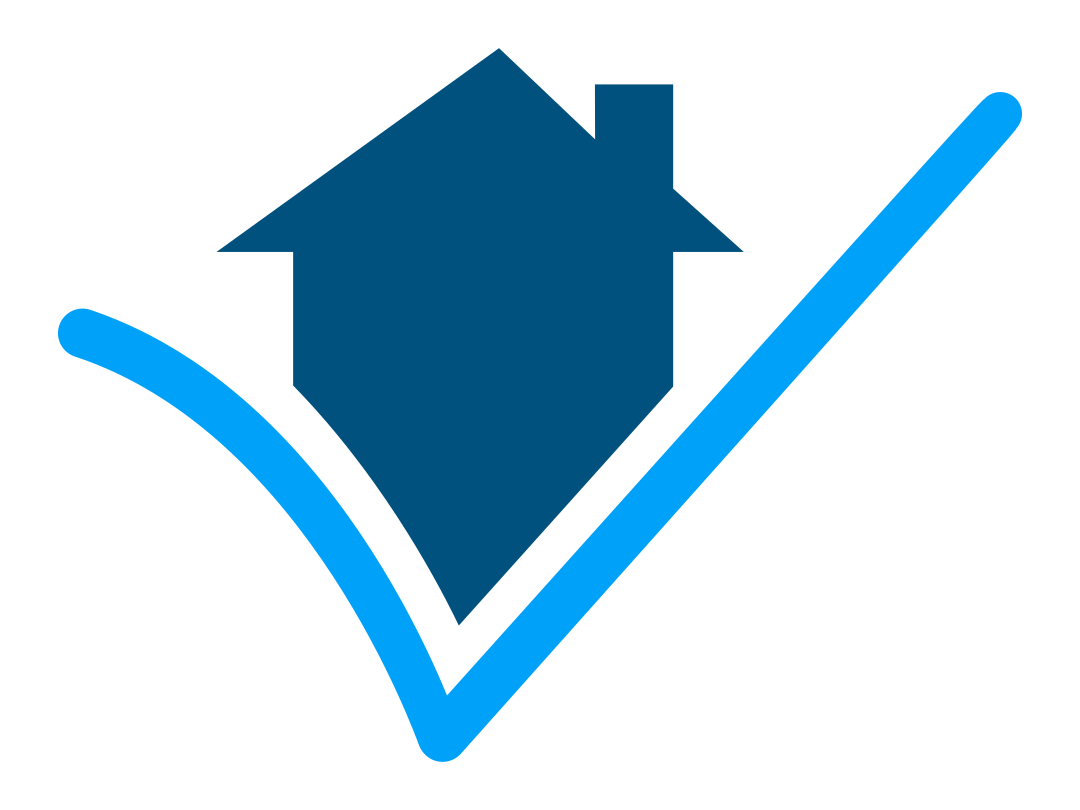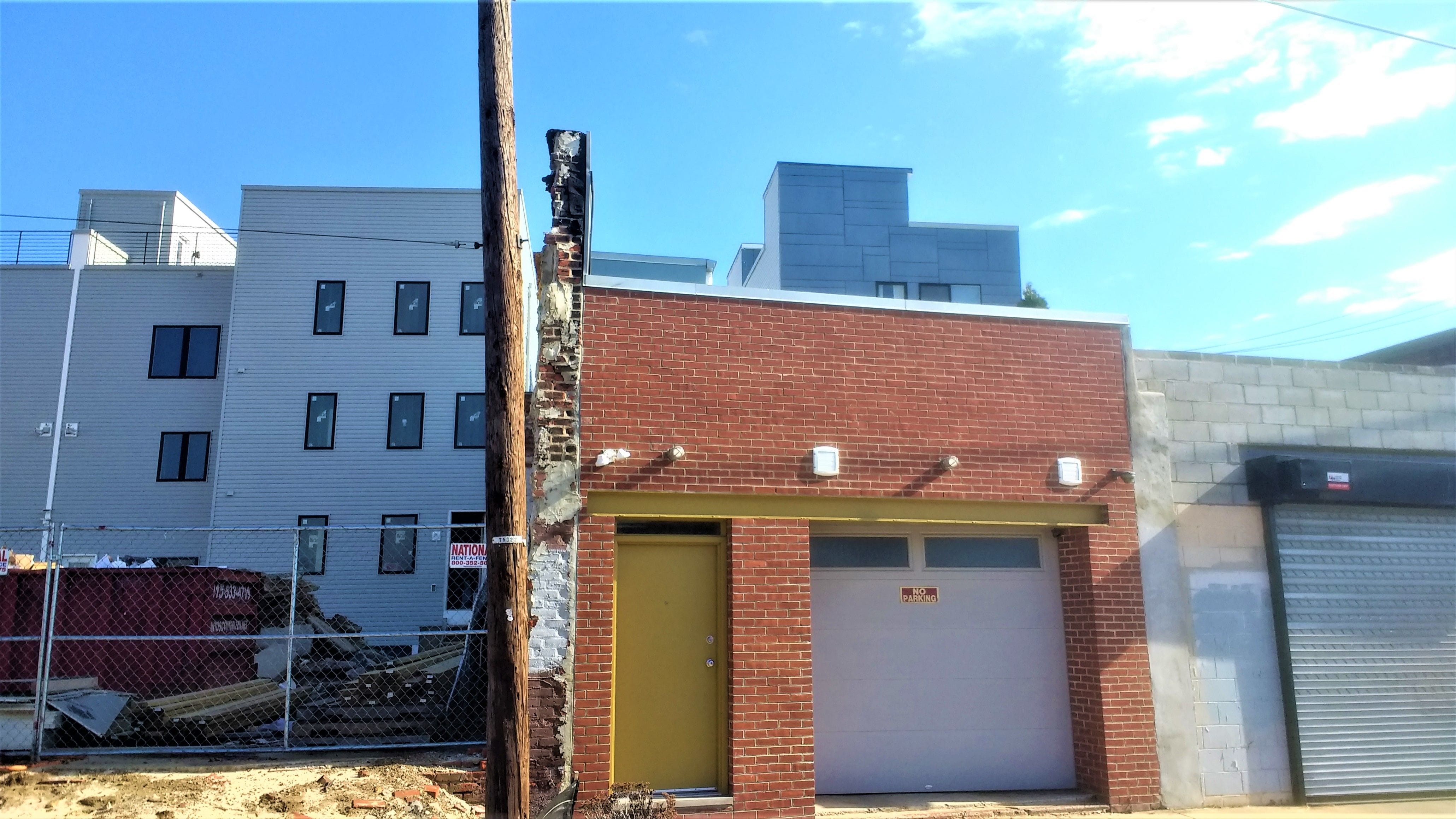If you’re confused about the Philadelphia Zoning Code, don’t worry! You’re in good company. The law that governs zoning in Philadelphia is quite complex, but the actual process that comes out of it isn’t so bad. Here are the zoning basics of our city.
Zoning Permits and Use Permits
There are two types of permits that fall under the category of zoning in Philadelphia: Use permits and zoning permits. They use the same application form, and are reviewed by the same departments of the City; but they have slightly different meanings.
A zoning permit is required for changes to the size and shape of a property or building. Any new construction requires a zoning permit. Any construction that changes the size of an existing building requires a zoning permit. Any change in lot lines requires a zoning permit (as well as some other approvals). Signs, large fences, and parking spaces require zoning permits. (See the City’s list here.)
A use permit is required for any change in the way a building is used. If, for instance, a property owner decides to open a coffee shop in a former shoe store, that owner needs a use permit to use the property differently. Again, check out the City’s reference for more details.
By-Right Permits
The Zoning Code tells property owners what they’re allowed to do with their properties. Each lot in the city is zoned as commercial, residential, industrial, or some combination of those categories. Each category has strict rules about what the size of any building and the ways the building may be used.
The City has a map showing all these zoning districts, as well as a guide explaining the differences between zoning districts.
Now, let’s say I’m a property owner. If I want to build a skyscraper in a residential neighborhood, I’m not allowed to do that. If I want to open a business in a property that is zoned residential, I’m not allowed to do that either.
If, however, I bought an empty lot that is zoned for residential use, I am allowed to build a residential home on that lot. I still need to apply for a zoning permit to build the house, but as long as I submit the required documentation and don’t make the house too big, I am assured that I will receive the permit. This is called a by-right permit, because I can get this permit by right – the City can’t tell me not to build the house for any reason other than building code violations or my own tax evasion.
You can get zoning or use permits by right, if the proposed construction or the proposed use falls within City laws.
Special Exceptions and Variances
Philly revamped its zoning code in 2012, but zoning in Philadelphia is still very restrictive. Knowing this, the City set up the Zoning Board of Adjustments (also called the Zoning Board or just ZBA). When the Department of Licenses and Inspections rejects zoning permit applications, it gives the applicant the right to appeal that decision. The ZBA reviews these appeals after the applicant meets with a neighborhood organization to explain the project.
There are two categories of appeal: special exceptions and variances.
A special exception is granted to uses that are allowed by the Zoning Code as long as the uses fit in with the surrounding neighborhood.
A variance is granted for construction or uses that are not allowed by the Zoning Code at all. Variances, obviously, are harder to acquire than special exceptions; however, the ZBA grants the majority of appeals (you can find the exact stats in this article, though we have to stress that Permit Philly doesn’t take such a negative view of the ZBA).
The appeals process is a bit tricky, so we’ll cover that in depth in another post.
Further Reading
If you really want to dig into zoning in Philadelphia, check out the City’s Zoning Administrative Manual. It’s not the clearest document, but it does take you through each step of the zoning process in some detail.
And of course, if you have any questions or are looking to get started on your own project, don’t hesitate to contact us. We’d love to hear from you.

